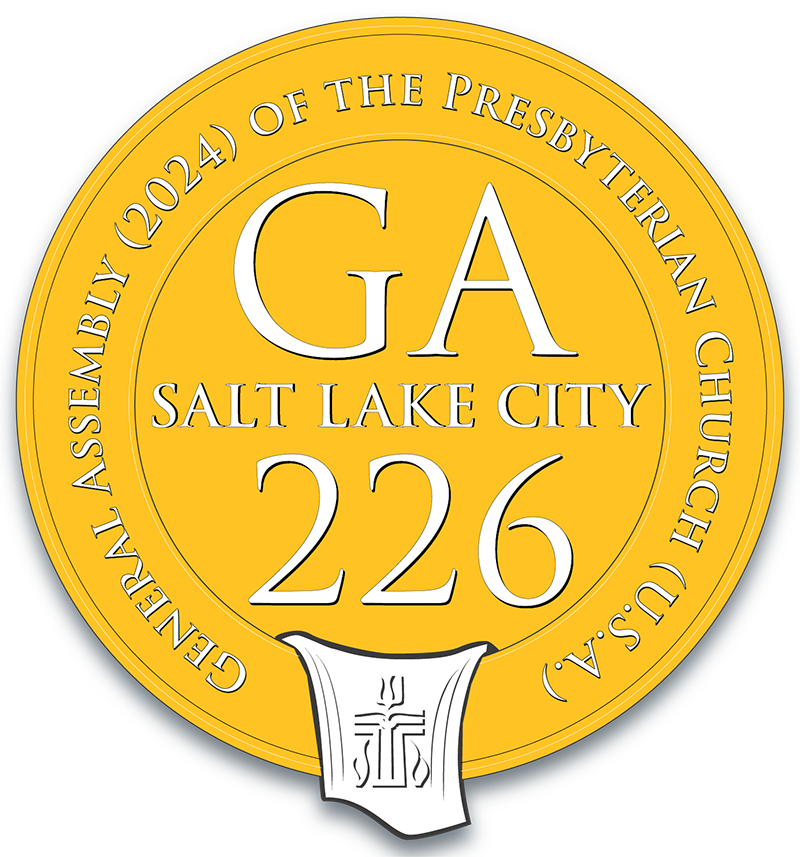

As the PC(USA) continues to discern and address the evolving needs of the Church of today — and tomorrow — in the light of a significantly changing religious leadership landscape, issues related to preparation, examination and the various structures that impact those who are called to serve will be the focus of the GA Ordination Committee when it meets online June 25-27.
Among the items of business before the Committee are three overtures, 01, 02 and 03, from Lake Erie Presbytery that call for greater clarity surrounding “shared ministry.”
“Congregations are exploring the possibilities of utilizing the ministry gifts of a minister of the Word and Sacrament together with another — or even several — other congregations,” said the Rev. Timothy B. Cargal, Ph.D., associate director, Ministry Leadership Development, Mid Council Ministries of the Office of the General Assembly of the PC(USA). “In some cases, these arrangements include working together with churches of other denominations through ‘orderly exchange’ with our Formula of Agreement partners. As these arrangements become more common, there is a need to clarify their structures under our polity so that both the congregations’ and the ministers’ interests are preserved from the outset to their conclusion.”
The Committee will also consider an overture, 04, from Flint River Presbytery, requesting a change in wording to the list of ordination vows in W-4.0404h to add the gift of “wisdom.” If approved, the vow would read, “Will you pray for and seek to serve the people with [wisdom,] energy, intelligence, imagination, and love?”
According to the Rev. David Gambrell, Ph.D., associate for Worship in the Office of Theology and Worship of the Presbyterian Mission Agency, an ordination question about serving the people of God with “energy, intelligence, imagination, and love” appeared for the first time in The Worshipbook, a 1970 service book and hymnal prepared by the Joint Committee on Worship for the Cumberland Presbyterian Church, the Presbyterian Church in the United States, and the United Presbyterian Church in the United States of America. This language subsequently appeared in the 1970–71 Book of Order of the UPCUSA. After reunion, the phrase found its way into the PC(USA) Constitution, the 1999 Book of Occasional Services, and the 2018 Book of Common Worship.
“The PC(USA) Directory for Worship sets forth the theology and practice of worship in this denomination,” said Gambrell. “I trust that commissioners will seek the guidance of God’s Word and Spirit as they respond to this overture.”
Two overtures, 05 from Greater Atlanta Presbytery and 06 from The Presbytery of the Highlands of New Jersey, relate to ordination exams and the preparation for ministry process. Regarding the latter, the 220th General Assembly (2012) was the most recent Assembly to create a special committee to review the preparation for ministry process and the role of the ordination exams within it.
“In response to its recommendations approved by the 221st General Assembly (2014), some significant changes were made by the Presbyteries’ Cooperative Committee on Examinations for Candidates (PCC) to the standard ordination exams,” noted Cargal. “One of those changes was moving the administration of the Polity, Theology, and Worship exams to a ‘work-day’ administration model (three sections designed to be completed in one hour each but examinees given a nine-hour period so as to provide time for breaks, some reflection, proofreading, etc.) similar to what had been utilized with the Exegesis exam (8-10 hours of work to be completed over roughly five days) for a couple of decades. Another provided a model to include an oral examination component that can be added to the written responses in the standard exams.”
Cargal added that like other continuing committees of the church, the PCC is reviewed by the General Assembly every six years. The report and recommendations following the most recent review of the PCC, done by the 225th General Assembly (2022), are available online.
An overture from Palo Duro Presbytery, 07, related to the use of Commissioned Pastors rounds out the Committee’s current schedule.
“Although the number of commissioned ruling elders/commissioned pastors has been relatively stable over the past decade, fluctuating up and down, for example, within a 3% range between 2019-2022,” observed Cargal, “because we have fewer congregations, the proportion of congregations utilizing this model of pastoral leadership has been increasing. This item of business is the latest of several brought to recent assemblies in response to this trend.”
As its final item of business, the Committee will hear an interim report from the Task Force for Ordination Standards, including a request that its final report be presented to the 227th General Assembly (2026) rather than at this Assembly.
The Task Force was charged by the 225th GA to “explore the theology and practice of ordination, including commissioned ruling elders, as well as membership, church structure, accountability, and chartering, and recommend any needed changes to the 226th General Assembly (2024).”
Because the Task Force did not have its first meeting until July 2023 for a variety of reasons explained in its report, it is requesting additional time to consider the complex changes that the current church landscape demands in order “to study, examine, discern, and determine a recommendation for the 226th General Assembly.”
Plenaries of The 226th General Assembly will be held on site at the Salt Palace Convention Center, Salt Lake City, June 29–July 4.
